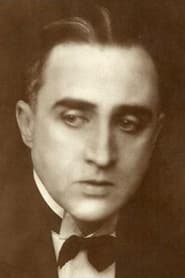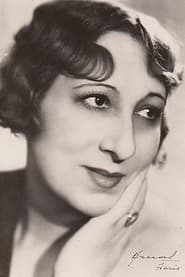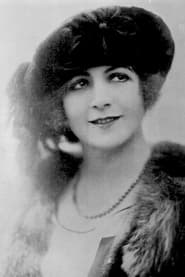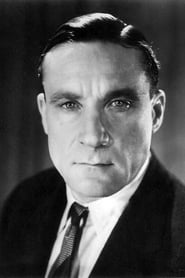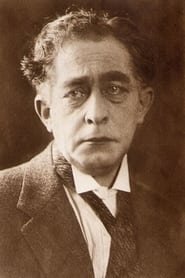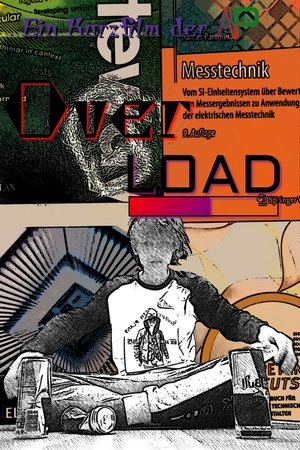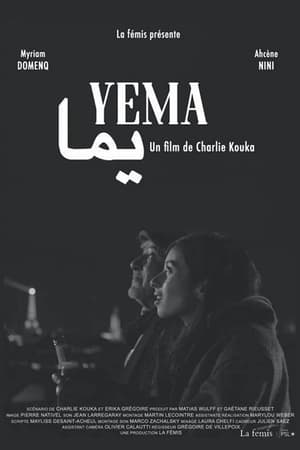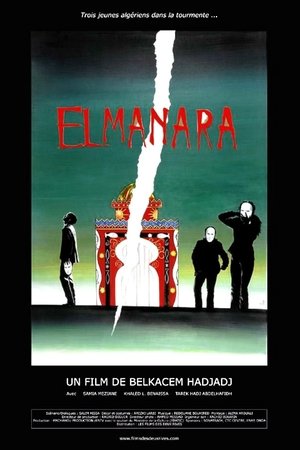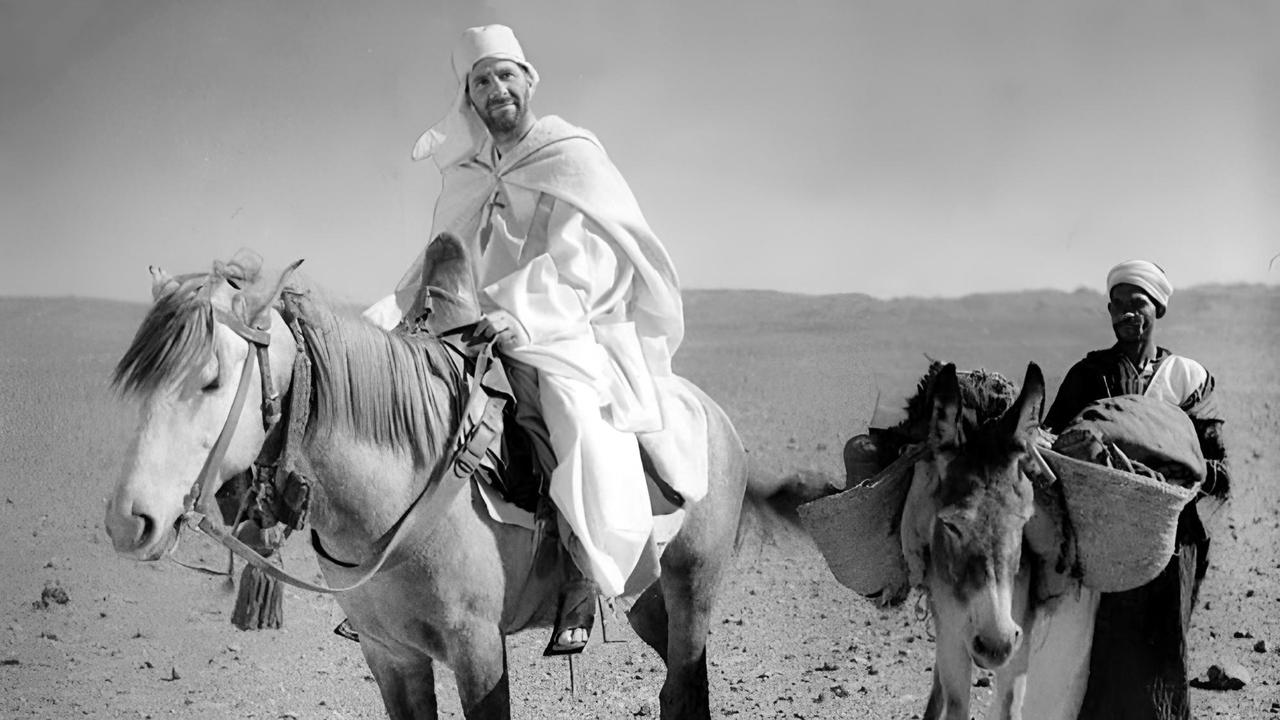
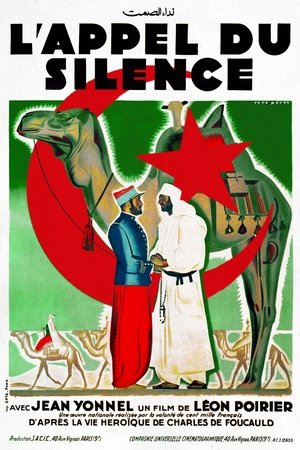
The Call(1936)
The story of Charles de Foucauld, born September 15, 1858 in Strasbourg (France) and died December 1, 1916 in Tamanrasset in Algeria during the French colonial period, was a cavalry officer of the French army who became an explorer and geographer, then Catholic religious, priest, linguist and hermit in the Hoggar desert in Algeria.
Movie: The Call

L'Appel du silence
HomePage
Overview
The story of Charles de Foucauld, born September 15, 1858 in Strasbourg (France) and died December 1, 1916 in Tamanrasset in Algeria during the French colonial period, was a cavalry officer of the French army who became an explorer and geographer, then Catholic religious, priest, linguist and hermit in the Hoggar desert in Algeria.
Release Date
1936-05-01
Average
6
Rating:
3.0 startsTagline
Genres
Languages:
FrançaisKeywords
Recommendations Movies
 10.0
10.0Sahara Vertical(de)
The climbing couple Heinz Mariacher and Luisa Iovane abandon their usual winter training spot to go in search of places more conducive to free climbing in Algeria in the Sahara desert, more precisely in the Hoggar massif, which saw pass the cream of world climbing Lionel Terray, Roger Frison-Roche, Lucien Bérardini, Michel Vaucher, Pierre Mazeaud, Guido Monzino, Patrick Edlinger, Patrick Berhault and many others. Their objective, to climb the east face of Garet El Djenoun, 500 m high, failed because the wall was too smooth and the cracks unstable. The journey continues in the Hoggar massif towards other peaks, where they find the climbing conditions they were hoping for. An overhang in the face of Tizouyag Nord will prove to be a major challenge for Heinz Mariacher.
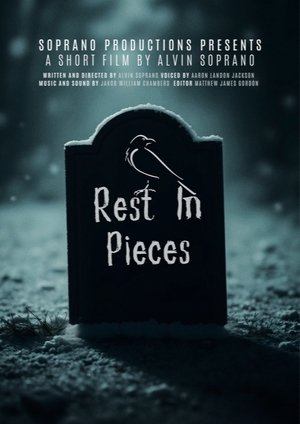 8.8
8.8Rest in Pieces(en)
This short machinima horror movie tells the escape story of Chris Edwards, inner voice dubbed by Aaron Landon Jackson, who wakes up in the middle of the night, at the cemetery, by a nameless grave that reads "Rest In Pieces."
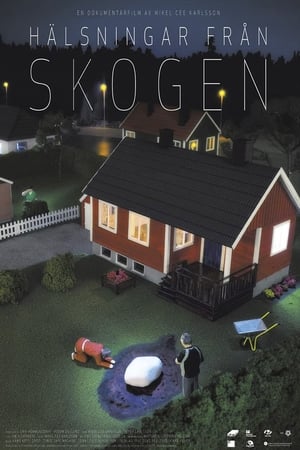 5.0
5.0Greetings from the Woods(sv)
Inside and outside the well-kept hedges life carries on as usual. The King buys his daily newspaper. Bertil searches the parking lot for dogs to photograph. Hans and Gun-Britt is planting a big, but still too small rock in their garden. Trying to get their minds off it all. As darkness falls over the little village in the woods, the Indians gather for a meeting in the town house as angst, frustration and silent prayer echoes in the night. With visual precision and attention to detail, director Mikel Cee Karlsson captures people and their existence in a small village deep inside the Swedish forest. Over a period of four years, the music video director and former professional skateboarder Mikel has been capturing singular scenes from a part of today’s Sweden where reality inexorably seeps in behind the colourful fasad. With a mixture of playful precision, humour and melancholy he portrays people’s dreams, their relationships and everyday destinies.
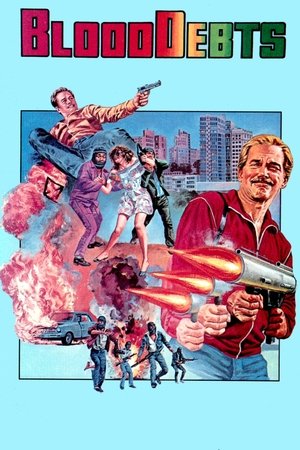 3.7
3.7Blood Debts(en)
It started with the rape of his daughter then the killing of her boyfriend. He takes the law "Death Wish" style into his own hands and has his revenge. Branded as a vicious killer by the underworld, the syndicate blackmails him into becoming their hitman. As he gets more and more tied up in the world of drugs, prostitution and death he decides he wants out. No one gets out of the syndicate alive. It then becomes a battle for survival, him against them in a desperate act of street warfare. His life is he prize.
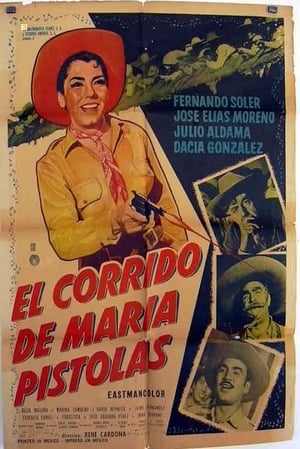 5.5
5.5El corrido de María Pistolas(es)
Sequel to Maria Pistolas. Comic-tomgirl member of Villa's army has boy trouble.
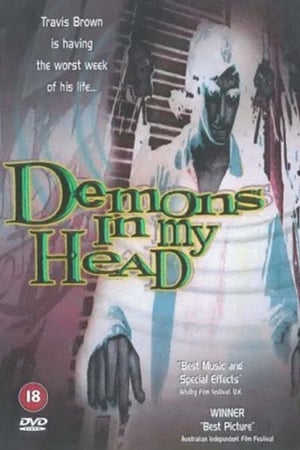 3.7
3.7The Demons in My Head(en)
After losing his stereo, his job and the woman of his dreams, Travis discovers a meteorite has crashed in his backyard. Things take a very strange twist as he cracks open the meteorite and finds a mysterious headset apparatus inside that can transport objects and beings across dimensions.
 7.4
7.4Naruto, the Genie, and the Three Wishes, Believe It!(ja)
Naruto discovers a genie's bottle while he and the gang are at a genin grill party. When everyone finds out about the genie's ability to grant wishes, the ultimate chase begins.
 6.6
6.6Naruto: The Cross Roads(ja)
Naruto: The Cross Roads (Za Kurosurozu) is the sixth Naruto OVA. It uses the same CGI graphics as Naruto: Ultimate Ninja Storm and was released during Naruto: Shippuden. This OVA premiered at the Jump Festa Anime Tour 2009. Between the Prologue - Land of Waves and Chunin Exams arcs, Team 7 is waiting for Kakashi, who is late again, to start a new mission (B-ranked as Sasuke states). The team sets off while Kakashi explains that Genmai from the Inaho Village is missing, who has vanished in the hills.
 8.0
8.0The Traveler & The Troll(en)
A short film following a lost and weary traveler as they come face-to-face with the monstrous warden of the cursed woods and a deadly bargain with which they must contend.
 7.5
7.5Naruto to Boruto: The Live 2019(ja)
“NARUTO to BORUTO THE LIVE 2019”, a special event for the 20th anniversary of the first publication of “NARUTO” series in Weekly Shonen Jump!! Featuring live performances by artists performing the theme songs of both “NARUTO” and “BORUTO: NARUTO NEXT GENERATIONS”, anime cast members reading original story episodes, and more.
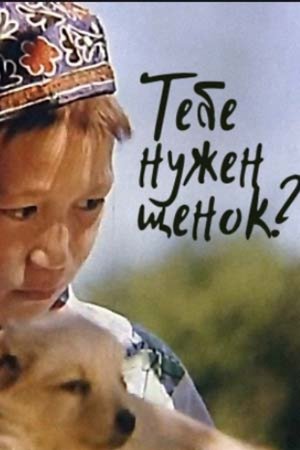 6.5
6.5Do You Need a Puppy?(kk)
Azamat was surprised when when three little dogs entered his grandfather's garden. But getting constantly in trouble, Granddad decides they've got to go. Azamat has to think fast on how he can save them from Grandad's strict order.
 0.0
0.0Dolce Far Niente (Sweet Doing Nothing)(en)
The tale of an Irish writer who moves to Northern Italy, finding a new sense of tranquility in life after experiencing heartache.
 10.0
10.03-2-1 Penguins!: The Amazing Carnival of Complaining(en)
Jason and the crew go on a leisure trip to a carnival, but are confronted by carnival barker Uncle Blobb and his diabolical interplanetary real estate scheme as he attempts to turn them into "Seeds of Discontent."
Fake(nl)
An intelligent woman keeps falling for the wrong guy. With her latest lover David and a kilo of cocaine in her purse she barely escaped an arrest. Back in Holland she starts a B&B. Her first guest is the attractive Aziz, who wants to steal an old Moroccan mosaic at the International Art Fair.
Similar Movies
 5.9
5.9Sahara(en)
Seasoned adventurer and treasure hunter Dirk Pitt, a former Navy SEAL, sets out for the African desert with his wisecracking buddy Al in search of a confederate ironclad battleship rumored to have vanished long ago, the main draw being the treasure supposedly hidden within the lost vessel. When the daring duo come across Dr. Eva Rojas, a beautiful scientist who is juggling an escape from a warlord and a mission to stop the spread of a powerful plague, their desert expedition begins to heat up.
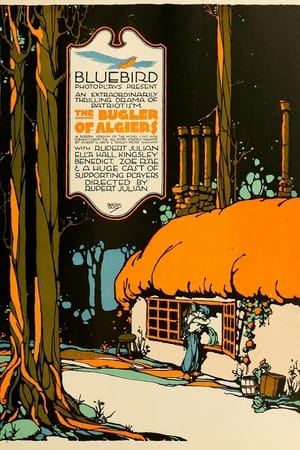 0.0
0.0The Bugler of Algiers(en)
Gabrielle Picard (Elda Hall) and Pierre Dupont (Rupert Julian) are lovers in a small French village in the early 1870s; Gabrielle's brother Anatole (Kingsley Benedict) is Pierre's best friend. The two young men are called to service by their country and go to Algiers. Anatole becomes the bugler and one day when he is commanded to sound the retreat, he sounds for the troops to charge instead. Anatole becomes a hero because of his action, but when the two men make their victorious return home, they find the Picard home ransacked and Gabrielle gone.
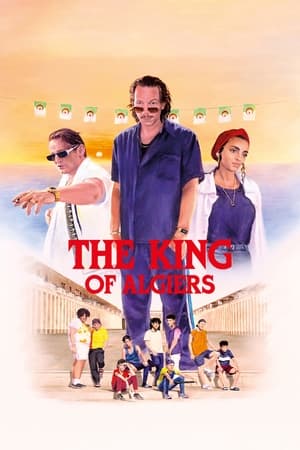 6.0
6.0The King of Algiers(fr)
Omar, better known as Omar the Strawberry, is an old-fashioned bandit. Forced to flee to Algeria, he makes a living out of petty crime, accompanied by his famous sidekick Roger. After decades of ruling the French criminal underworld, they must come to terms with their new life together, which until now has been one of debauchery and violence.
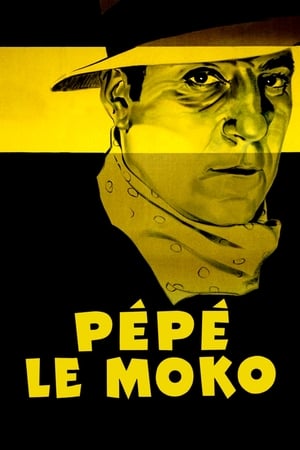 7.2
7.2Pépé le Moko(fr)
Pépé le Moko, one of France's most wanted criminals, hides out in the Casbah section of Algiers. He knows police will be waiting for him if he tries to leave the city. When Pépé meets Gaby, a gorgeous woman from Paris who is lost in the Casbah, he falls for her.
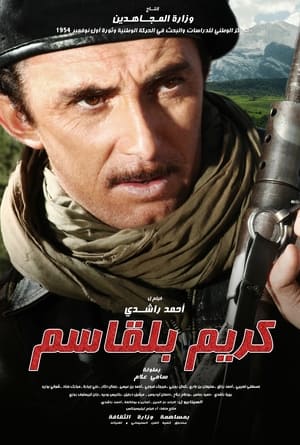 10.0
10.0Krim Belkacem(ar)
This film retraces the combat journey of Krim Belkacem, one of the leading figures of the Algerian War. When he left the Dellys barracks in October 1945, the day after the Second World War, Krim Belkacem was 23 years old. He is a man revolted by the May massacres in Sétif, Guelma, Kherrata and several other localities in the ravaged country. But it is also and above all a young Algerian who questions the future of Algeria. On March 21, 1947, Krim at the age of 25, he dug up his "Sten" submachine gun, he took action against the boss of his douar who was none other than his cousin. He goes into hiding with six companions. He meshes this entire part of Algeria with a dense and dense network with the sole objective of taking action which will lead to the outbreak of the armed struggle on November 1, 1954.
 6.2
6.2The Harem of Madame Osmane(fr)
In Algiers in 1993, while the civil war is starting, Mrs Osmane's tenants have to endure her bad temper. Her husband left her and the fear to lose her respectability haunt her. The former member of the Resistance during the Independence War persists in controlling the slightest moves of the households rather than struggle against her own frustrations. Learning her daughter is in love, the possibility of finding herself alone will push her to the limit: The symbolical Mrs Osmane "harem" is about to collapse.
 7.9
7.9The Battle of Algiers(it)
Tracing the struggle of the Algerian Front de Liberation Nationale to gain freedom from French colonial rule as seen through the eyes of Ali from his start as a petty thief to his rise to prominence in the organisation and capture by the French in 1957. The film traces the rebels' struggle and the increasingly extreme measures taken by the French government to quell the revolt.
 6.8
6.8Far from Men(fr)
A French teacher in a small Algerian village during the Algerian War forms an unexpected bond with a dissident who is ordered to be turned in to the authorities.
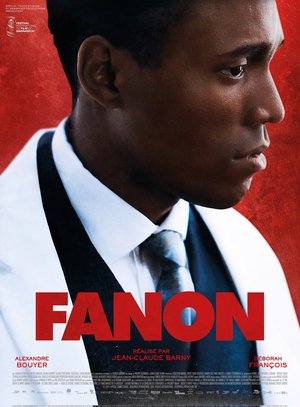 6.4
6.4Fanon(fr)
Frantz Fanon, a French psychiatrist from Martinique, has just been appointed head of department at the psychiatric hospital in Blida, Algeria. His methods contrast with those of the other doctors in a context of colonization. A biopic in the heart of the Algerian war where a fight is waged in the name of Humanity.
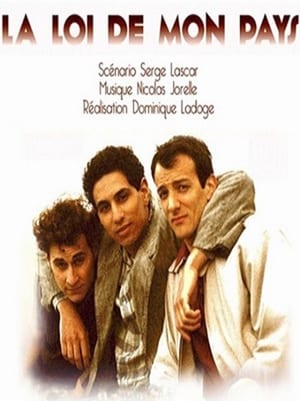 8.5
8.5The Law of My Country(fr)
Algeria. Benjamin, Kateb and Antoine are three teenagers from three religious backgrounds who never should have met. But they share the same passion for football and the same disregard for the disapproving looks which their unusual friendship draws.
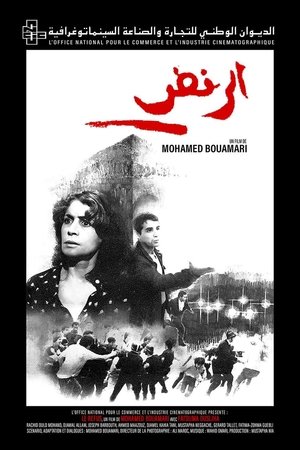 10.0
10.0The Refusal(fr)
In 1971, the Algerian government nationalized hydrocarbons. The consequences of this decision on the community of Algerians in France are numerous. The Galti family is prey to these economic problems. The father, Khaled, former member of the F.L.N. in France, does not escape the sentence. Sharazade, his wife and comrade in combat, finds herself torn between her role as wife, mother and nostalgia for a country and a bygone past. As for his son Karim, a victim of socio-cultural division, all he has left is refusal.
 7.0
7.0Jamila, the Algerian(ar)
Djamila, a young Algerian woman living with her brother Hadi and her uncle Mustafa in the Casbah district of Algiers under the French occupation of Algeria, sees the full extent of injustice, tyranny and cruelty on his compatriots by French soldiers. Jamila's nationalist spirit will be strengthened when French forces invade her university to arrest her classmate Amina who commits suicide by ingesting poison. Shortly after the prominent Algerian guerrilla leader Youssef takes refuge with her, she realizes that her uncle Mustafa is part of this network of anti-colonial rebel fighters. Her uncle linked her to the National Liberation Front (FLN). A series of events illustrate Jamila's participation in resistance operations against the occupier before she was finally captured and tortured. Finally, despite the efforts of her French lawyer, Jamila is sentenced to death...
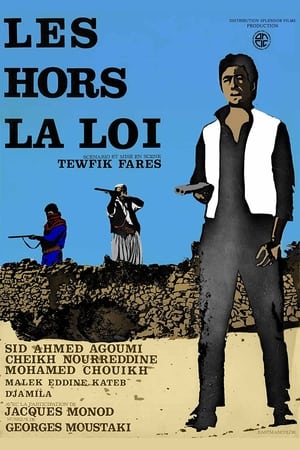 7.7
7.7The Outlaws(fr)
In prison in colonial Algeria, shortly after the end of the Second World War, three indigenous cellmates make out. Once free, they attack the authority represented by the triad of the boss, the gendarme and the administrator. “Living the colonial condition,” confided Tewfik Farès, “is something! It’s not sociologically or historically speaking. It’s life. And I think that’s all there in it. [...] For a hundred and thirty years, we wait. We hold back. We push back. We hope. At the same time, on different occasions, there are skirmishes, unrest.
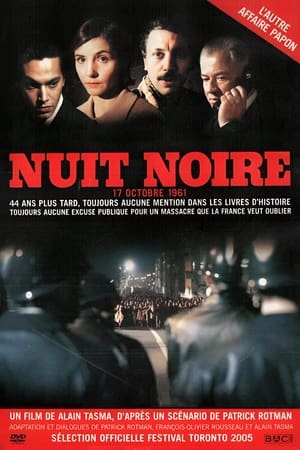 7.3
7.3Dark Night, October 17, 1961(fr)
Parisian authorities clash with the Front de Libération Nationale (FLN) in director Alain Tasma’s recounting of one of the darkest moments of the Algerian War of Independence. As the war wound to a close and violence persisted in the streets of Paris, the FLN and its supporters adopted the tactic of murdering French policemen in hopes of forcing a withdrawal. When French law enforcement retaliated by brutalizing Algerians and imposing a strict curfew, the FLN organizes a peaceful demonstration that drew over 11,000 supporters, resulting in an order from the Paris police chief to take brutal countermeasures. Told through the eyes of both French policemen as well as Algerian protestors, Tasma’s film attempts to get to the root of the tragedy by presenting both sides of the story.
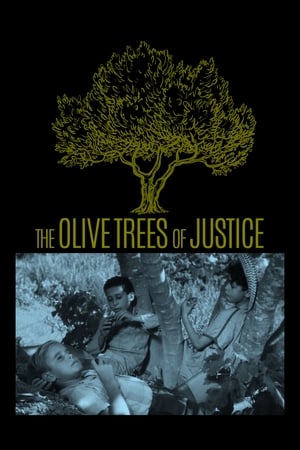 7.3
7.3The Olive Trees of Justice(fr)
The son of a French colonialist in Algeria returns to Algeria after learning that his father is ill. Memories from childhood return. He also must deal with some problems involving the Algerian fight for independence.
 10.0
10.0Gerboise Bleue(fr)
"Gerboise bleue", the first French atomic test carried out on February 13, 1960 in the Algerian Sahara, is the starting point of France's nuclear power. These are powerful radioactive aerial shots carried out in areas belonging to the French army. Underground tests will follow, even after the independence of Algeria. From 1960 to 1978, 30,000 people were exposed in the Sahara. The French army was recognized recognized nine irradiations. No complaint against the army or the Atomic Energy Commission has resulted. Three requests for a commission of inquiry were rejected by the National Defense Commission. For the first time, the last survivors bear witness to their fight for the recognition of their illnesses, and revealed to themselves in what conditions the shootings took place. The director goes to the zero point of "Gerboise Bleue", forbidden access for 47 years by the Algerian authorities
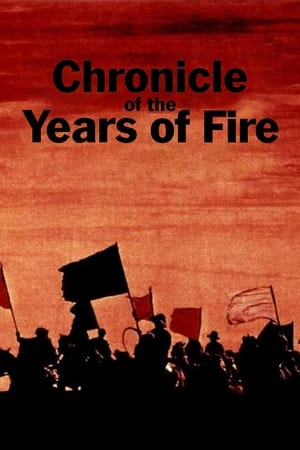 6.2
6.2Chronicle of the Years of Fire(ar)
A meticulous chronicle of the evolution of the Algerian national movement from 1939 until the outbreak of the revolution on November 1, 1954, the film unequivocally demonstrates that the "Algerian War" is not an accident of history, but a slow process of suffering and warlike revolts, uninterrupted, from the start of colonization in 1830, until this "Red All Saints' Day" of November 1, 1954. At its center, Ahmed gradually awakens to political awareness against colonization, under the gaze of his son, a symbol of the new Algeria, and that of Miloud, half-mad haranguer, half-prophet, incarnation of Popular memory of the revolt, the liberation of Algeria and its people.
 6.0
6.0A View of Love(fr)
Happily married with a daughter, Marc is a successful real estate agent in Aix-en-Provence. One day, he has an appointment with a woman to view a traditional country house. A few hours later, Marc finally puts a name to her face. It's Cathy, the girl he was in love with growing up in Oran, Algeria, in the last days of the French colonial regime. Marc hurries to her hotel. They spend the night together. Then she's gone again. And Marc's mother tells him Cathy never left Algeria. She was killed with her father in a bombing just before independence...

